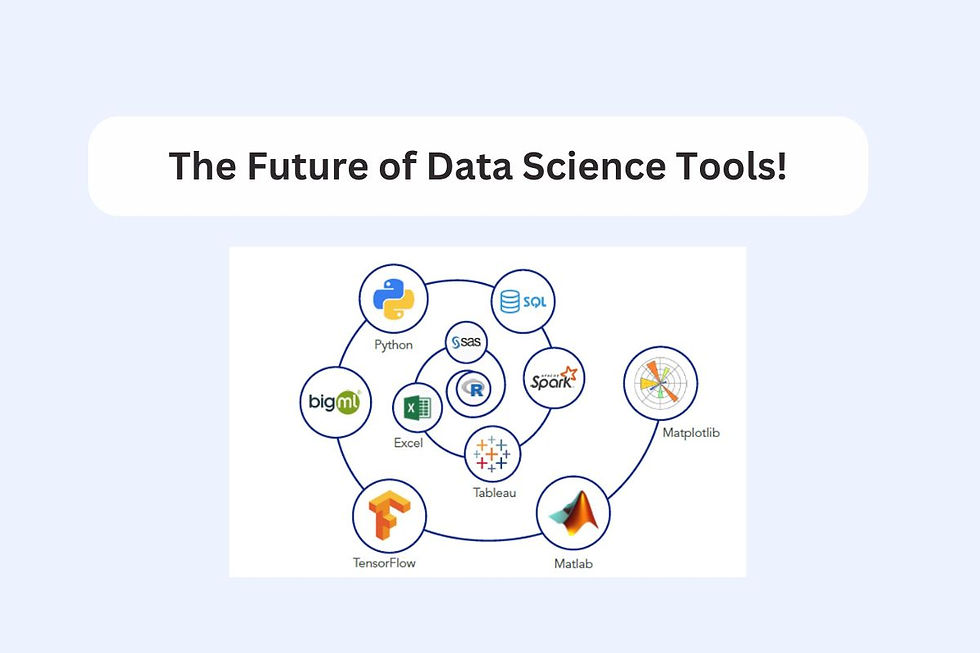Can Beginners Take a Full Stack Development Course?
- archi jain

- Aug 28, 2024
- 4 min read

If you're new to coding and curious about web development, you might wonder if a full stack development course is right for you. The short answer is: yes, beginners can absolutely take a full stack development course! In fact, many such courses are designed with beginners in mind. To help you understand what to expect, let’s break down what a full stack development course involves and why it might be a good fit for someone just starting out.
What is Full Stack Development?
Full stack development refers to the process of building both the front end (the part of a website or application that users interact with) and the back end (the server-side, where data is processed and stored). Essentially, full stack developers are skilled in both areas and can create a complete, functional application from start to finish.
Front End: This is the part of the application that users see and interact with. It involves everything from the layout and design to the functionality of buttons and forms. Technologies commonly used in front end development include:
HTML (HyperText Markup Language): The standard language for creating web pages.
CSS (Cascading Style Sheets): Used for styling and layout.
JavaScript: A programming language that adds interactivity and dynamic content.
Back End: This part handles the server, database, and application logic. It ensures that the data is processed correctly and that the application functions as intended. Key technologies in back end development include:
Server-side languages: Such as Node.js, Python, Ruby, Java, and PHP.
Databases: Systems like MySQL, MongoDB, and PostgreSQL that store and manage data.
APIs (Application Programming Interfaces): Allow different software systems to communicate with each other.
Why Consider a Full Stack Development Course as a Beginner?
Comprehensive Skill Set: Full stack courses offer a broad range of skills that are highly valuable. By learning both front end and back end development, you gain the ability to build complete applications, making you a versatile developer.
Structured Learning Path: Many full stack courses are designed to take you from zero to hero, starting with the basics and gradually advancing to more complex concepts. They often include a mix of theory, practical exercises, and real-world projects.
Career Opportunities: Full stack developers are in high demand because of their ability to work on various aspects of a project. Companies appreciate developers who can handle multiple tasks, which can open up more job opportunities.
Project-Based Learning: Many courses emphasize hands-on projects, which are essential for understanding how everything fits together. This practical experience helps you apply what you’ve learned and builds a portfolio that can be showcased to potential employers.
Community and Support: Beginner-friendly courses often come with strong community support, including forums, mentorship, and peer groups. This network can be incredibly helpful when you’re starting out and need guidance.
What to Expect in a Beginner-Friendly Full Stack Development Course
1. Introductory Modules: Courses typically start with foundational topics such as HTML and CSS, ensuring you have a solid understanding of basic web development concepts.
2. Gradual Progression: Expect to move from basic to advanced topics at a steady pace. For example, after learning HTML and CSS, you'll dive into JavaScript to enhance interactivity, followed by back end technologies.
3. Hands-On Projects: Many courses include practical assignments and projects. These projects might start small, like creating a personal portfolio website, and grow to more complex tasks, such as developing a full-featured web application.
4. Interactive Learning: Courses often use interactive methods such as coding exercises, quizzes, and forums to help reinforce learning and address questions.
5. Capstone Projects: Towards the end of the course, you may work on a capstone project that integrates everything you’ve learned. This project serves as a valuable addition to your portfolio.
Tips for Success in a Full Stack Development Course
Stay Consistent: Regular practice is key in coding. Set aside dedicated time each week to work through the course materials and exercises.
Ask for Help: Don’t hesitate to reach out to instructors or peers if you encounter difficulties. Engaging with the community can provide valuable support and insight.
Build Your Own Projects: Alongside course assignments, try to create your own projects. This will help you apply your skills in different contexts and enhance your learning experience.
Practice Problem-Solving: Full stack development involves a lot of problem-solving. Work on developing a strong problem-solving mindset and seek out additional resources or challenges to refine your skills.
Stay Updated: The tech field evolves rapidly. Keep yourself informed about the latest trends and technologies in web development to stay relevant and improve your skills.
Conclusion
A full stack development course is a great option for beginners who want to dive into web development. With a structured curriculum, hands-on projects, and a broad skill set, these courses are designed to take you from a novice to a proficient developer. By staying consistent, asking for help when needed, and continuously practicing, you can make the most out of your learning journey and prepare yourself for a successful career in technology.
If you’re looking for quality full stack development training, there are excellent programs available in various cities across India. For example, you can find reputable and Best Full Stack Development Training in Delhi, Indore, Ghaziabad, and other nearby cities. These programs offer comprehensive training that can help you gain the skills you need to succeed in the tech industry. Whether you’re in a bustling metropolis or a smaller city, you’ll find options that cater to your educational needs and career aspirations.








Comments